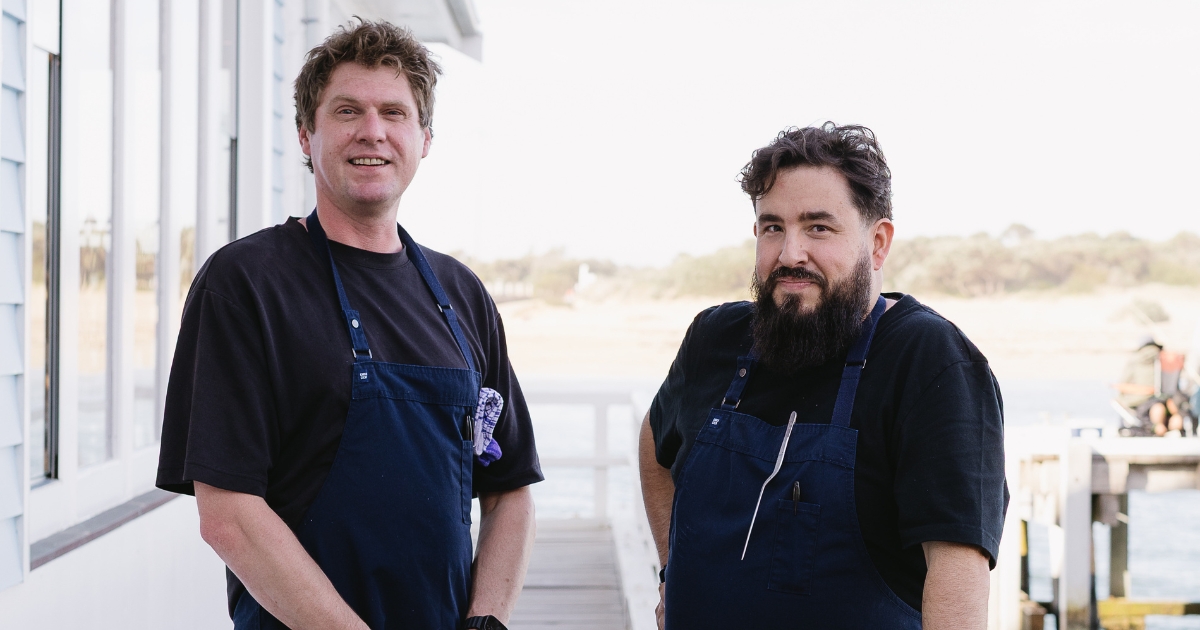PSOAS COULD BE SOURCE OF LOWER BACK PAIN

Dr Rachel Perry believes the psoas muscle is one of the major players in the human body’s muscular system.
The psoas muscle (pronounced so-as) is one of the major muscles in a group called the hip flexors, but similarly to most of the muscles in the human body’s muscular system, it can’t be seen.
Dr Rachel Perry of Sequence Osteopathy in Torquay says although it’s an elusive muscle, its importance shouldn’t be underestimated.
“Osteopaths love this muscle as it has many important attachments making it a major player in the holistic nature of how the body biomechanics work,” she says.
The full name of this muscle is iliopsoas as it joins the iliacus muscle in the pelvis.
It’s a long muscle, spanning from deep in the groin from the lower ribcage and spine, across the front of the hip joint to the front of the thigh.
It plays a significant role in connecting the torso to the legs and can impact posture and help stabilise the spine.
“The psoas muscle is the only muscle in the body that joins the upper body to the lower body. It joins the front to the back and the spinal skeleton to the limbs,” Dr Perry says.
The iliopsoas muscle signals to flex the hip and torso. It is activated during running and activities that are dependent on the knee including cycling. The muscle is also triggered in day-to-day tasks as simple as climbing stairs.
Activities where little movement is involved can have a shortening or tightening influence on this muscle. Individuals who spend long days sitting down including desk workers, students and long-distance drivers may feel the strain of their psoas muscle.
Dr Rachel Perry says psoas muscle tension can arise in a few different ways in the body.
“The most common symptom of tight hip flexors is a feeling of tightness or discomfort over the front of the hip joint often causing restriction in hip joint mobility and even pelvic imbalance,” she says.
“The less obvious symptom is lower back pain.”
If you or someone you know is suffering from tight hip flexors, lower back or hip pain, Dr Perry recommends you try osteopathy.
Treatment as well as daily stretches recommended by your practitioner will help relieve hip flexor and psoas muscle tension.
Give Sequence Osteo a call on (03) 5261 5766 or book online at sequenceosteo.com.au with one of our experienced osteopaths.
*Mention this article for $10 off your initial consultation.

















